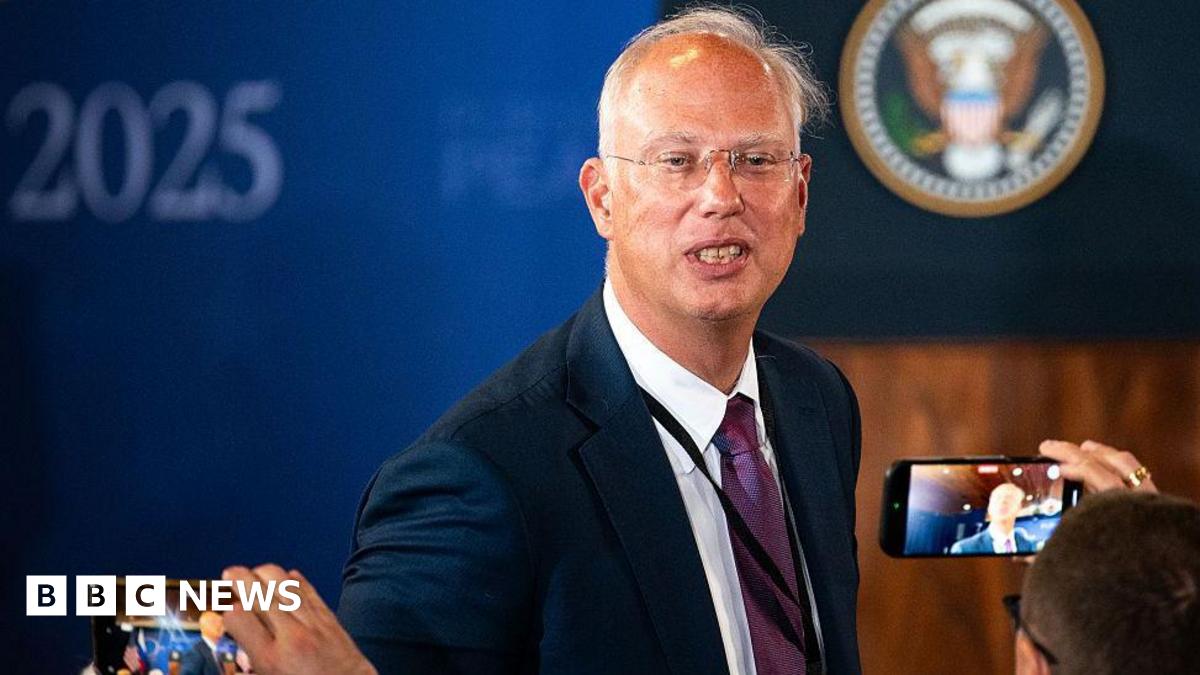He later returned to the US as a college student and wrote a thesis on privatisation in Ukraine while at Stanford University. In his thesis proposal he suggested the research would “prepare me better for making a contribution to the reform process in Ukraine”.
After earning an MBA at Harvard, he worked for McKinsey in Los Angeles, Prague and Moscow, and then joined the US-Russia Investment Fund, set up by the US to ease Russia’s transition to a market economy.
Dmitriev appeared critical of Putin’s crackdown on Russia’s oligarchs in 2003 in a column for the Vedomosti business paper. “The world is shrewd enough to know the difference between following the letter of the law and using the law as a tool of influence,” he wrote.
By 2007 he was back in Ukraine, in charge of investment fund Icon Private Equity, an investment fund with offices in Kyiv and Moscow.
Increasingly he lamented Ukraine’s political “instability” and suggested Russia was better placed to respond to the global financial crisis.
He was a regular guest on TV talk shows and in 2010 he warned Ukraine would face an “economic Holodomor” if it pursued a policy of isolation from Russia: a reference to the Ukrainian famine of the1930s brought on by the policies of Soviet dictator Joseph Stalin.
In 2011 he moved back to Russia to take charge of the newly-launched Russian Direct Investment Fund and remains there to this day.
